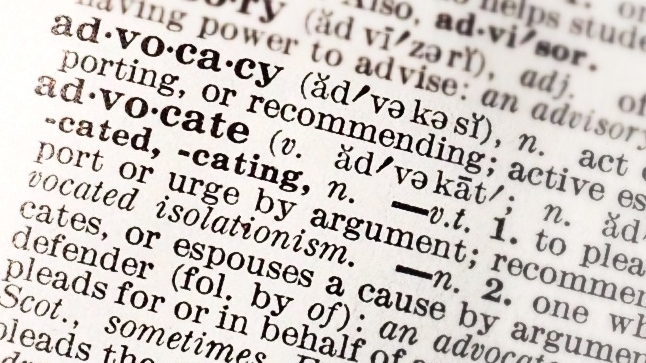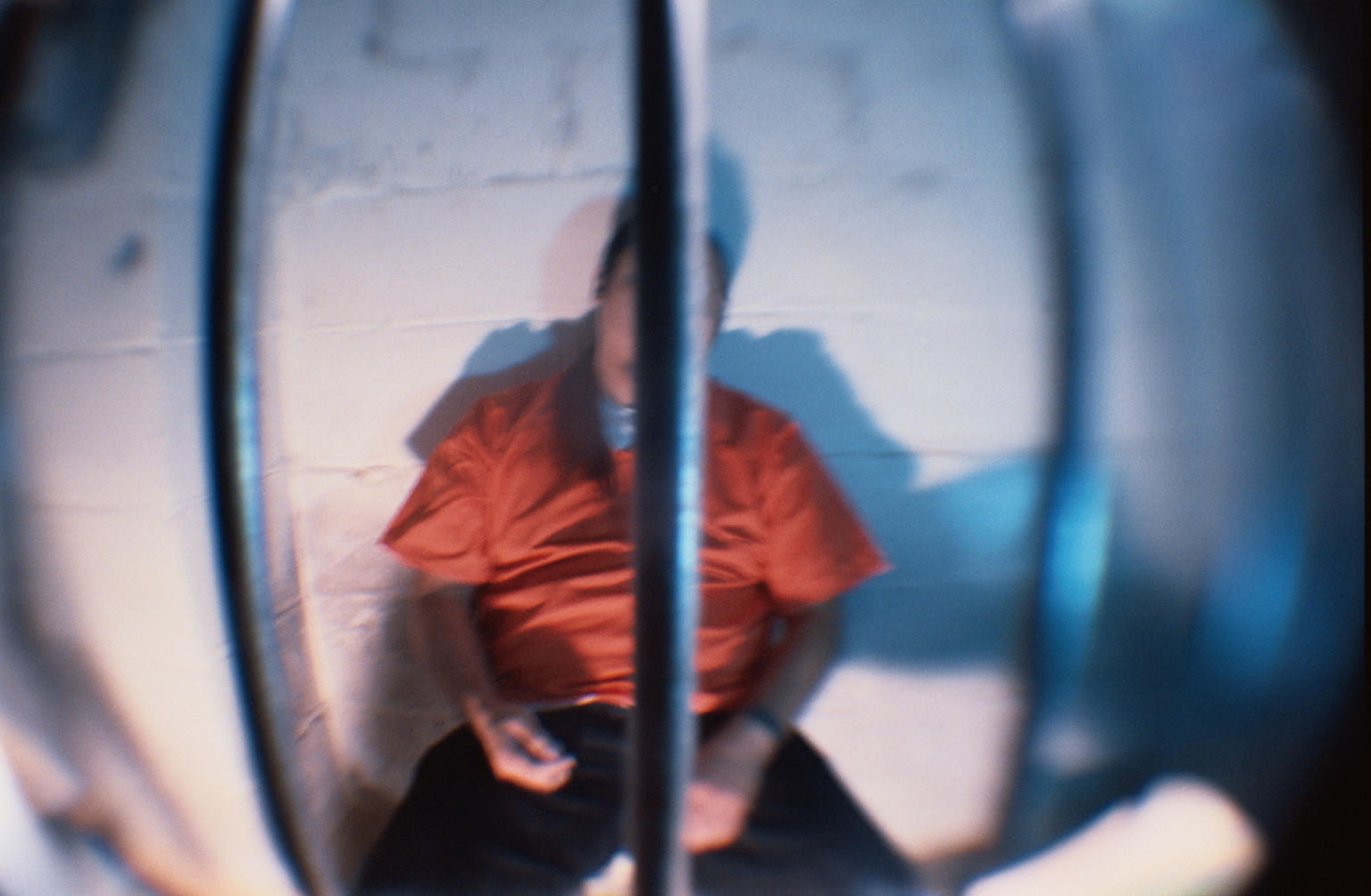
(7-1-16) The House is expected to vote on Rep. Tim Murphy’s Helping Families In Mental Health Crisis Act early next week. I’m publishing two blogs about the bill, which is being called the first major reform in decades of our mental health system. D. J. Jaffe initially strongly supported the bill but had doubts after it was revised — although he still backs it. On Monday, we will hear from an advocate who initially opposed the bill but later endorsed it after it was redrafted.)
Helping Families In Mental Health Crisis Act
An Analysis by D. J. Jaffe, director of Mental Illness Policy Org.
I have been asked whether people should support the Helping Families in Mental Health Crisis Act of 2015 (H.R. 2646) which will shortly come to a vote in the House. At this point, the decision is not, “how does this bill compare to previous versions of the bill?” It is clearly very much weaker. The question is: what is the net impact on “adults” with “serious” mental illness, the population we advocate for? Positive or negative?
I do come down on the side of supporting.
Others may disagree with our conclusion because they are focused on different populations. Mental Illness Policy Org is focused on the 4% who have the most serious mental illnesses, primarily schizophrenia and treatment-resistant bipolar. Most community programs refuse to serve these ‘high-needs’ patients. The seriously ill are the ones most likely to become victimized, incarcerated and homeless. Put another way: throwing money at mental health does little for the seriously ill. Schizophrenia and bipolar cannot be predicted or prevented. The treatments adults with them need, for example hospital care, is much different from children with mild ADHD or adults with “lived-experience” need. So that is the lens we look through to analyze the bill.
Rep. Murphy, who originally authored the bill, is a hero who never gave up advocating for the most seriously ill. But late in the process, Energy and Commerce Committee chair Fred Upton, allowed Ranking Member Frank Pallone to insert numerous provisions–some merely wasteful, others problematic– at the behest of the mental health industry and to remove numerous provisions that would require them to serve adults with serious mental illness. But there are still provisions that are very helpful to the seriously ill.
Rep. Murphy’s bill will be voted on by the entire house after July 4th recess. No news on when or if the Senate will consider The Mental Health Reform Act (S. 2680), a semi-companion bill.
Following are provisions still in the bill that could affect adults with serious mental illness grouped into four subjective categories which you may agree or disagree with.
- Definitely good provisions
- Potentially beneficial provisions that really can’t be judged
- Useless provisions
- Potentially harmful provisions







